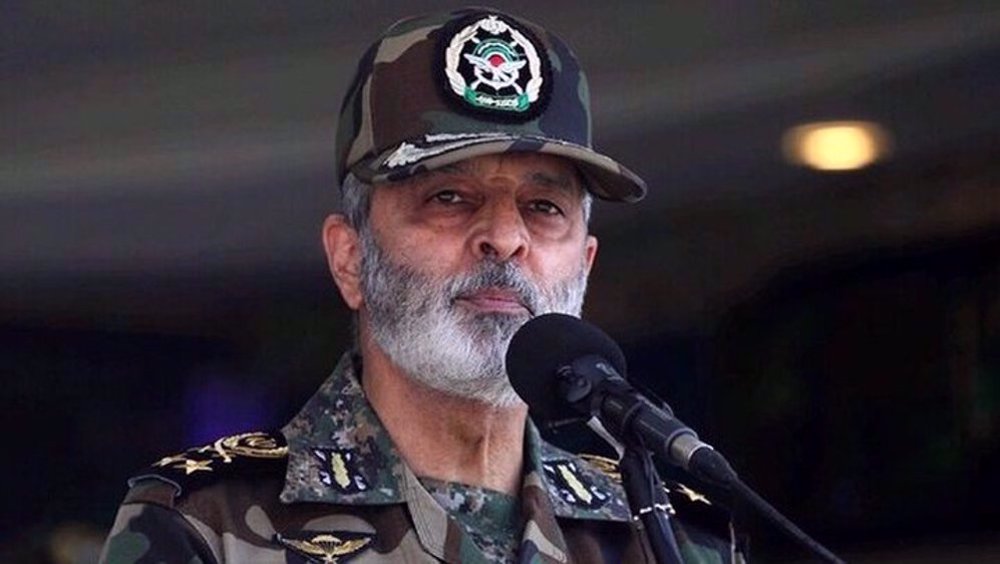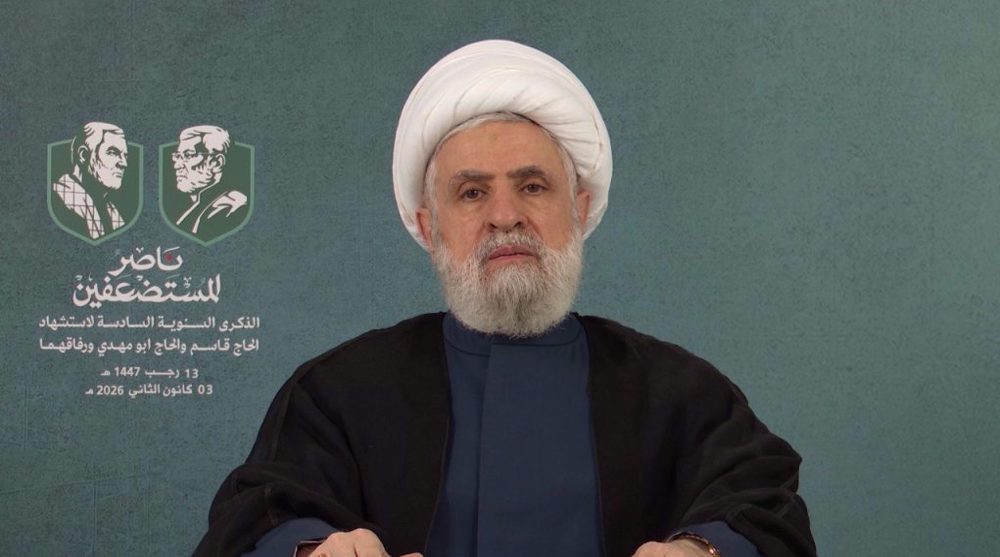War of hashtags: Zakani, Hemmati quarrel online over Iran’s economic problems
Iranian presidential candidates Alireza Zakani, who is a Principlist, and Nasser Hemmati, a Moderate generally viewed as close to the Reformists, have engaged in a war of words on Twitter over Iran’s economic hardships.
On Saturday, Hemmati, currently the governor of the Central Bank of Iran (CBI), posted a tweet in Persian about the current economic situation in the country under a hashtag reading “Five against one isn’t fair,” referring to the five candidates associated with the Principlist camp running against him and Reformist candidate Mohsen Mehr-Alizadeh.
It was a veiled criticism of the disqualifications by the Constitutional Council of a number of fellow-Moderates and Reformists from running in the June 18 presidential race.
“Livelihood is the main concern of the people, while welfare will be the country’s most immediate need in the future,” said Hemmati, a senior economist.
“However, the necessary condition for the two [factors] to materialize would be possessing economic oversight in implementing executive policies and those regarding de-escalation abroad, while the sufficient condition would be having science-based, and non-populist, economic policies,” he added.
A day later, Zakani, who is a lawmaker, took to his Twitter page to respond to Hemmati under a hashtag of his own, reading: “Those responsible for the status quo,” an apparent reference to the economic team of President Hassan Rouhani, including Hemmati, who was appointed CBI chief by the Iranian president in 2018.
The CBI serves as the banker to the Iranian administration and has the exclusive right of issuing banknotes and coinage. It is also in charge of maintaining the value of the country’s national currency, the rial, and supervising banks and credit institutions.
Hours before a list of candidates approved to run in the 2021 presidential election — drawn up by Iran’s Constitutional Council — was published on May 26, Fars news agency ran a report in which it already disclosed that Jahangiri and a number of others had been disqualified. That report was titled “The Council rejects those responsible for the status quo.”
“[Improved] livelihoods and welfare cannot be achieved through mere tweets,” Zakani wrote in his own tweet. “The outcome of the economic oversight and economic policies of you and like-minded associates over the past years has been almost zero economic growth, a 35-percent drop in the per capita income of households, 50-percent inflation, a 16-fold gap between the rich and the poor.”
In recent years, Iran’s economy has been hardly hit by a combination of draconian US sanctions and what many view as the Rouhani administration’s mismanagement of the economy.
Following its withdrawal from a 2015 nuclear deal with Iran, the US tightened its sanctions against the country as part of a campaign of economic terrorism, mainly targeting ordinary Iranians. The American sanctions diminished Iran’s oil sale and prevented the country from repatriating money from energy sales. The bans also affected Iran’s other exports and imports, causing the national currency to steadily lose its value for a period of time.
The Principlists believe, however, that the country’s economic difficulties are, for the large part, due to the administration’s mismanagement.
Iran keeps wheat import subsidies despite cutting other food supports
Venezuelan military stands with acting president after US kidnapping of Maduro
VIDEO | Press TV's news headlines
VIDEO | Protesters in Toronto slam US kidnapping of Venezuelan president
Israeli troops detain, intimidate Palestinian toddler in West Bank
Iran says its investments in Venezuela face no major risk
Make ‘right decision’ or face more US pressure, Rubio tells Venezuela’s Rodriguez
VIDEO | General Soleimani honored in Kashmir, Kargil











 This makes it easy to access the Press TV website
This makes it easy to access the Press TV website